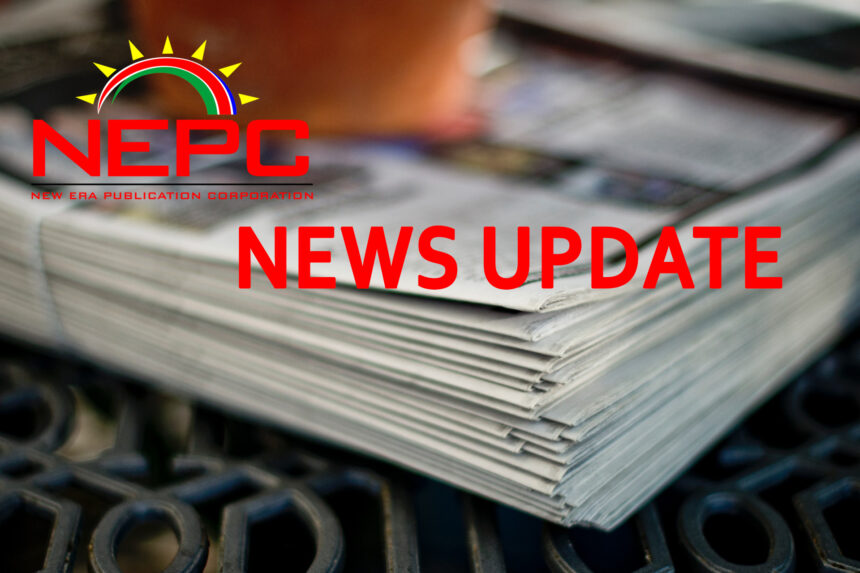Professor Daniel F Nyaungwa
Part 1
Namibia’s development trajectory is always clearly defined. I was greeted with mixed emotions when I received an invitation to the NDP6 White Paper launch. I had a sensation of delight and expectancy, as well as apprehension over what to expect from NDP6.
Planning for development has helped Namibia to identify national objectives based on people’s needs and interests, design policies, determine available resources, and develop expenditure plans to fulfill the goals from NDP1 to NDP5.
Effective policies have been connected to cost-effective and sustainable expenditure programmes, which are backed by wide
consensus on priorities and discipline in adhering to them.
Furthermore, reading the White Paper gives one the idea that National Development Plan 6 will offer predictability and enhance the quality of decision-making for all levels of government, from national to regional to local, as well as the private sector, with the input of every Namibian. Clearly, the White Paper provides optimism for improved policy implementation, which
appears to be elusive in many national development plans.
NDP6 is juxtaposed with Vision 2030 and the Harambee Prosperity Plans. According to the White Paper, it is the final ‘leg’ towards achieving Vision 2030. Even by 2040, it is still conceivable to achieve Vision 2030. I would agree that 2030 is merely a designation, and that goals may be pursued beyond the year. The NDP6 Development Philosophy argues for a “Developmental State”, which is defined as “a state in which the
government is intimately involved in macro and micro-economic planning in
order to grow the economy,” with the caveat that “while attempting to deploy, it is redeveloping better lives for the Namibian people.”
Talking of redeveloping better lives for Namibians, there are four proposed pillars of NDP6. However, looking at the pillars proposed in the White Paper, one can say they are well thought-out, and what every Namibian needs is their input. The four pillars are Economic Recovery, Transformation and Resilience to Economic Growth, the Human Development and Community Resilience Pillar, Sustainable Development and Green Growth Opportunities, and Effective Governance and Public Service Delivery. The economic recovery pillar is based on the assumption that economic growth has been less than 5% since independence. Actual unemployment is hovering around 35% and youth unemployment exceeding 42%, with 63% of grads. Despite the government’s efforts to plan via effective policymaking, there are always hiccups in the processes, such as recurring droughts and worldwide economic downturns, as well as diseases such as Covid-19. In NDP6, with or without micro and
macro-economic shocks, the government must prepare for an annual average growth rate of more than 6.5% in order to produce the required and adequate jobs and prosperity for the average Namibian. In NDP6, agriculture, mining and fishing should come with advanced technology. Technology has always proven to be the game-changer for various key sectors, with their introduction resulting in wealth.
Human Development and Community Resilience, the second proposed Pillar of NDP6, introduce a so-called ‘holistic’ approach to human development, which means engaging
in a process of expanding people’s choices, freedoms, opportunities, capabilities and well-being in order for them to live a dignified life. A highly- qualified workforce is required for Namibia to lift its people out of poverty and hunger. This people-centred development
should also include high-quality, guaranteed education and training, as well as sophisticated healthcare delivery. Not to mention suitable housing for every citizen, with the goal of formalising all informal settlements.
It ‘makes perfect sense’, therefore, that NDP6 may directly implement some of the important pillars described in the Harambee Prosperity
Plan II (HPPII) extending into Vision 2030,
such as the importance of Public-Private Partnerships (PPPs). Part 2 of this post will go through the planned NDP6 Pillars 3 and 4.
*Professor Daniel F Nyaungwa can be contacted at danny@mweb.com.na



